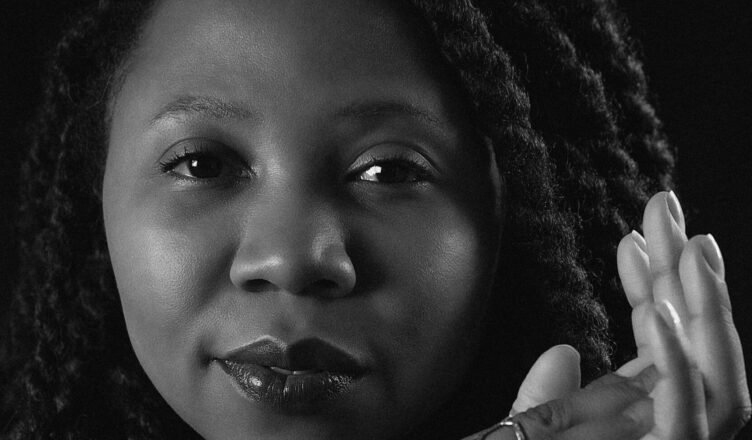January first is more than New Year’s Day, it is also Haitian Independence Day. To celebrate Haiti’s declaration of independence back in 1804, the Museum of Contemporary Art North Miami (MOCA) is hosting a Haitian-American virtual program of music and poetry. You can reserve a spot for the 7 p.m. Zoom conference here. Among the panelists are multidisciplinary artist, Inez Barlatier, musician and visual artist, Jan Sebon, and author and poet, Fabienne Josaphat.
Fabienne Josaphat was kind enough to step on The Jitney to answer some questions about both the event and her Haitian heritage. The South Florida resident is the author of the novel Dancing in the Baron’s Shadow. Her writing has also appeared in the African American Review, The Master’s Review, Grist Journal, Damselfly, Hinchas de Poesia, Off the Coast Journal and The Caribbean Writer.
What will be your part in the virtual celebration at MOCA?
Fabienne Josaphat: I am contributing poems to the celebration, both about spirituality and the Haitian identity: Pilgrimage to Saut d’Eau, and Moon for Migrants. They go hand in hand with the exhibit at MOCA, especially the art celebrating the daily life in Haiti. I hope they’ll help in opening a new and prosperous new year for all, like an invocation if you will.
How do Haitians usually celebrate this day?
Haitians’ most renowned way of celebrating the new year is soup joumou, our pumpkin soup. It marks our Independence celebration, and it’s a day for sharing so we all share soup. We visit family and bring soup, and we share wishes for the new year. I plan on having soup!
How has your Haitian heritage influenced you as a writer?
I always write with Haiti in mind, even if the setting I write is not. My characters are always haunted by Haiti or just expressing their Haitian identity. I just want readers to know us, to remember who we are, where we come from and remember that we are everywhere. My Haitian heritage liberates me to write how I want, to write what I want, and to make my work fluid so that it is both fiction and poetry. Haitian authors I read have always done that and I always admire this.
Are there any Haitian writers who influenced you that you recommend to audiences that might not be familiar with them?
I love many Haitian authors. I don’t know that they have influenced my work specifically, but I do recommend anyone who wants to know Haiti read classic Haitian novels: Jacques Roumain, Jacques Stephen Alexis, Marie Chauvet, Margaret Papillon, and Lyonet Trouillot, but also contemporary authors like Edwidge Danticat, and anyone in between.
What are your plans for 2021?
New Year’s Day, I am going to clean my house, light a candle and invite the spirits to bless us the way I guess my ancestors would do before eating soup joumou. For the rest of the year, my plan is to be productive in writing and parenting, and stay healthy as much as I can.


